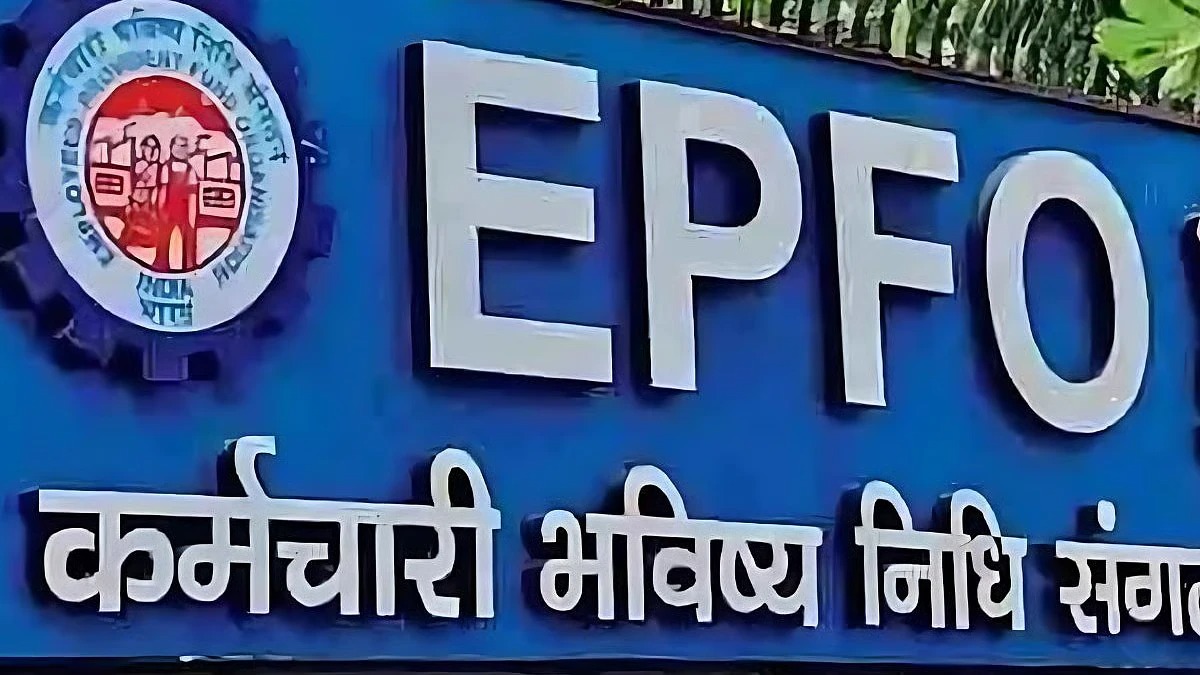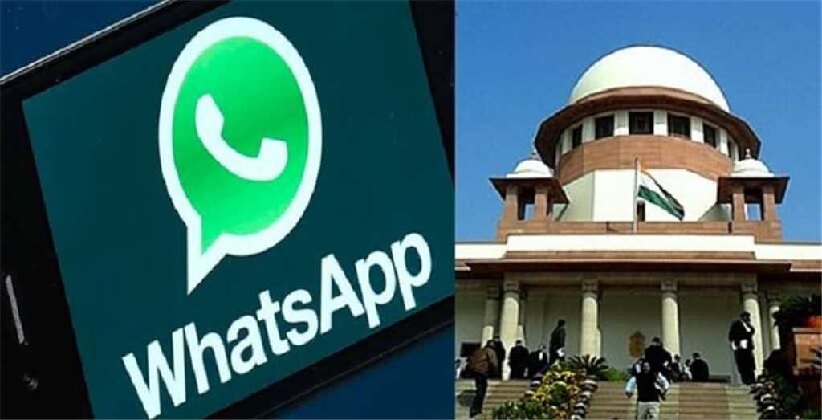Bachawat, J.@mdashThis is an application to set aside an award of the Bengal Chamber of Commerce.
2. The disputes relate to a contract, dated October 13, 1950, whereby the Respondent agreed to buy and the Petitioner agreed to sell 45,000 B. Twill bags, delivery January to March 1951. The contract contains the usual arbitration clause.
3. The buyers did not give delivery of the goods. Disputes arose between the parties. The sellers claimed damages and referred their claim to the arbitration of the Bengal Chamber of Commerce. Notices were issued and the parties filed several statements before the Chamber.
4. The arbitrators held a meeting on August, 13, 1952. In that meeting Khusiram Goyel and Byomkesh Bhattacharjee were present on behalf of the sellers and Benarasilal Ohharia and one Dasgupta were present on behalf of the buyers. Goyel, on behalf of the sellers, submitted a written statement. The buyers asked for adjournment in order to- enable them to deal with the statement. The arbitration was postponed until a further date to be notified to the parties. On he same date, the Chamber wrote to the buyers inviting comments on the sellers'' submissions by August 20, 1950.
5. On or about September 16, 1952, the buyers forwarded two statements to the Chamber. One of these statements dealt with the sellers'' statement made on August 13, 1952 and the other dealt with the sellers'' statement, dated May 24, 1952. The buyers'' statements contain material representation with regard to matters which the arbitrators had to determine judicially.
6. On September 23, 1952, the buyers asked the Chamber not to fix a date earlier than October 13, 1952, because its partner Benarasilal who was in charge of the case would not be able to attend the arbitration before that date.
7. On November 10, 1952, the buyers asked the Chamber to decide the case at an early date. On November 12, 1952, the sellers wrote to the Chamber enquiring if the buyers had filed any remarks on the sellers'' statement, dated August 13, 1952 and asking the Chamber to send a copy of the remarks if the same had been filed and if not to fix an early date for the sitting of the arbitration. The Chamber did not send any reply to this letter. The materials on the record show clearly that the Chamber did not before the making of the award send to the sellers copies of the buyers'' two statements, dated September 16, 1952, and did not give them any opportunity to deal with these statements.
8. On November 15, 1952, the Chamber wrote to both parties stating that the arbitration would take place at the Chamber at 4-30 p.m. on November 19.
9. The parties give totally different versions of what happened on November 19, 1952. The award is, dated November 24, 1952. Notice of the making of the award was given to the parties on or about December 6, 1952 and thereafter there was correspondence between the sellers and the Chamber.
10. The sellers assert that on November 19, 1952, Khusiram Goyel and Byomkesh Bhattacharjee on behalf of the sellers and Benarashilal Chharia and a Bengali gentleman on behalf of the buyers were present at the hall of the Bengal Chamber and that at about 4-30 p.m. on that day Mr. Phillips of the Chamber noted down the case number and the names of the parties and their representatives and asked them if they had any documentary proofs and that both parties expressed readiness to adduce evidence, and that the parties left the hall after some time because Mr. Phillips informed them that they need not wait as the arbitrators were absent and that intimation of the next date of the hearing would be sent to the parties. The buyers deny this and assert that the representatives of both parties were not present at the Bengal Chamber on November 19, 1952. The parties have adduced evidence both oral and documentary. I am satisfied that one Tolaram Chororia was present at the hall of the Bengal Chamber at about 4-30 p.m. on that day in connection with another arbitration and he then saw both Khusiram Goyel and Benarashilal Chharia at the Chamber. Tolaram is an independent witness and has not been shaken in cross-examination. Khusiram supports the sellers'' case and is corroborated by Byomkesh Bhattacharjee. Mr. Phillips really has no recollection. The minutes of the proceedings of the arbitrators on November 19, 1952, have been read. The minutes do not record the presence of the representatives of the parties. Mr. Phillips says that having regard to the usual course of procedure if the parties were present their names would appear in the minutes. I regret to say that I am unable to place any reliance on the minutes. Quite clearly the minutes contain an incorrect statement with regard to one very material matter. The award was made on November 24, 1952, whereas the minutes say that the arbitrators had made the award on November 19, 1952. Contrary to the usual course of procedure the minutes are not initialled by the officer in attendance. It is the duty of the officer in attendance in the arbitration to note the presence of the representatives on a rough sheet of paper and to initial the fair copy of the proceedings which are sent to the arbitrators for, signature. The initials of the officer in atendance is some guarantee of the correctness of the minutes. Mr. Phillips is unable to say which official of the Chamber was responsible for the preparation of the minutes. The rough sheet of paper on which the names of the representatives of the parties appear is usually preserve for a month. Having regard to the correspondence and the absence of initials of the officer on the fair copy of the minutes I think the rough sheet should have been preserved even now. Mr. Benarashilal Chharia denied that he or any representative of the buyers was present at the Chamber on November 19, 1952. He stated that it was not necessary to send any representative as the oral, evidence in this case had been concluded on August 13, 1952. I do not think that the evidence had been so concluded. The minutes of the proceedings on August 13, 1952 and other materials in the record do not support him. The buyers'' letter to the Chamber, dated November 26, 1952, shows that the buyers were even then under the impression that the arbitration had not been concluded and that even, then they require further; documents in connection with this arbitration. The parties may not have an exact recollection of what
Mr. Phillips told them on November 19, 1952. Assuming that Mr. Phillips did not tell them that the arbitrators were absent he certainly gave both parties the impression on November 19, 1952, that the arbitration would not be held on that day and that notice of the next meeting of the arbitration would be sent to the parties in the usual course. I am satisfied that Khusiram Goyel, Benarashilal Chharia, Byomkesh Bhattacharjee and another Bengali gentleman were present at the hall of the Bengal Chamber on November 19, 1952, at about 4-30 p.m.
11. The Bengal Chamber of Commerce act as arbitrators in numerous commercial disputes. It is their practice to keep minutes of the arbitration proceedings. The evidence in this case shows that the minutes do not contain accurate records of the proceedings. The minutes incorrectly record that the parties are present before the arbitrators though they were not so present. The minutes do not correctly record the exact time when the arbitration was held. The minutes incorrectly say that the award was made although it was not so made. The Court places great reliance upon the minutes of proceedings kept by the arbitrators and I hope that the Chamber will not permit such irregularities in future.
12. The arbitration agreement is an important and integral part of the bargain between the parties. The parties have agreed to abide by the decision of their chosen tribunal and by that decision given fairly and properly they must be held to be bound.
13. At the same time the arbitrators must observe the first principles of justice. Both parties are entitled to make representations on their own case and on the case of their opponent. Each party must be. given reasonable and sufficient opportunity to make representations on their own case and on that of their opponent. If the arbitrators contravene the fundamental rules of justice the parties are not bound by their award.
14. It is well settled that a party to the dispute cannot be allowed to use any means whatsoever to influence the minds of the arbitrators which means are not known to and capable of being made and resisted by the other party. It is the dnty of the arbitrators to disclose to each party every representation made by his opponent in his absence. (Harvey v. Shelton (1844) 7 Bevan. 455
15. The statements of the Respondent-buyers, dated September 16, 1952, were ex parte representations made by the Respondents behind the back of the Petitioner. The arbitrators received and acted upon these representations. These statements form a part of the arbitral records and proceedings which have been sent to this Court by the arbitrators. The award recites that the arbitrators had read the records and papers of the case and I must assume that the arbitrators read and acted upon these statements. Under the rules of arbitration the Bengal Chamber of Commerce has power to decide the disputes on the written statements of the parties. It is the uniform practice of the Bengal Chamber of Commerce to send copies of statements of one party to the other party before the next sitting in sufficient time to enable the other party to make representations on such statements before the arbitrators. It was the duty of the Bengal Chamber to send copies of these statements to the Petitioner. The Bengal Chamber did not give any opportunity to the Petitioner to deal with the two statements, dated September 16, 1952, made by the Respondents. The award made by the Bengal Chamber in such circumstances cannot stand. The arbitrators mishandled the arbitration proceedings and misconducted them selves by making their award without giving the sellers any opportunity to deal with the statements.
16. I am also satisfied that the buyers were misled by the officers of the Bengal Chamber of Commerce in attendance on November 19, 1952, at 4-30 p.m. into the belief that the arbitration would not take place on November 19, 1952, and would be held on some other date notice whereof would be given to the parties. In the circumstances of this case I am satisfied that the buyers were denied sufficient opportunity to meet their opponent''s case and to place their own case before the arbitrators. That is a sufficient ground for setting aside the award.
17. I therefore pass the following order. I make an order setting aside the award in terms, of prayer (a) of the petition. I also make an order in terms of prayer (c) of the petition.

